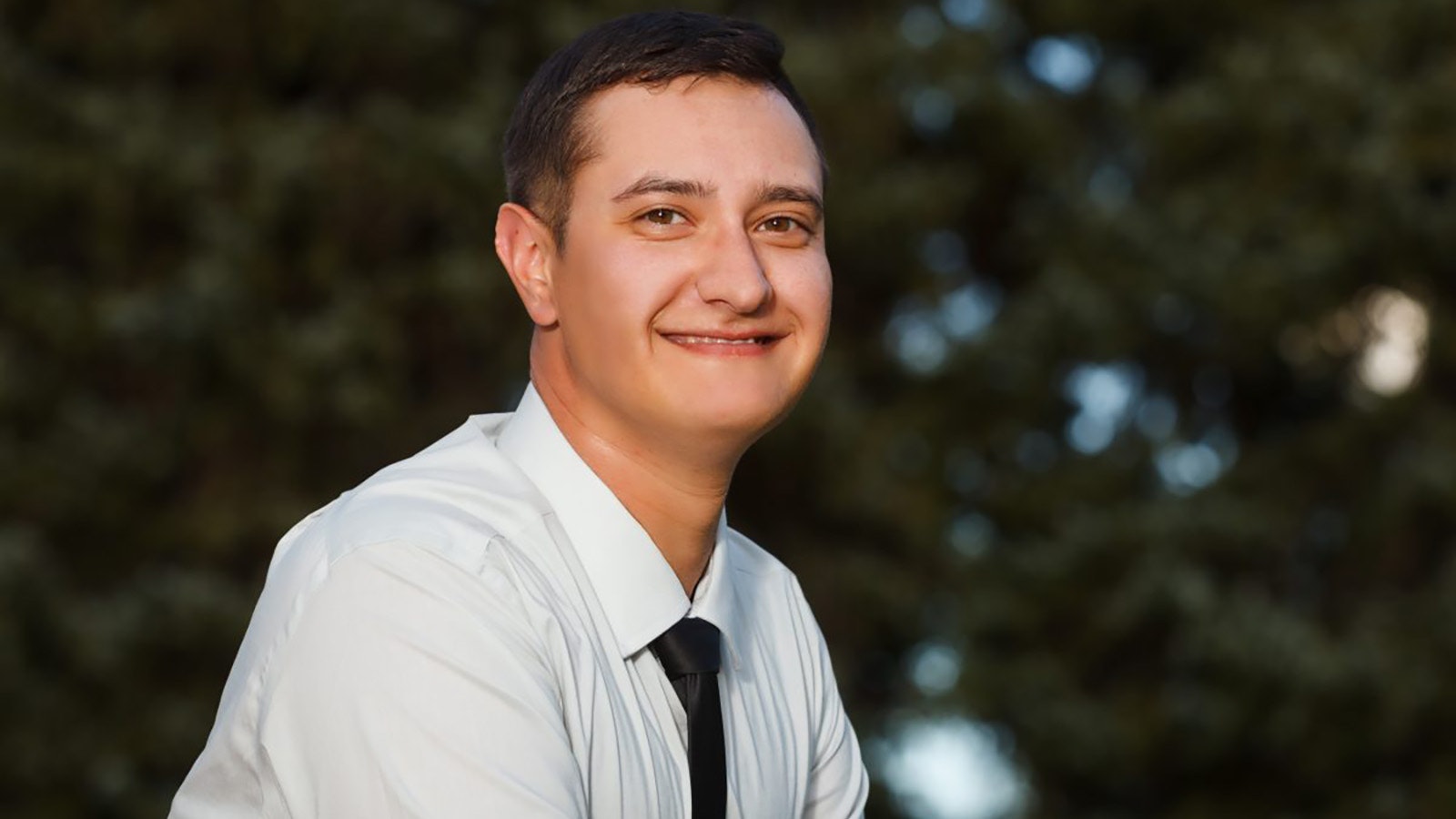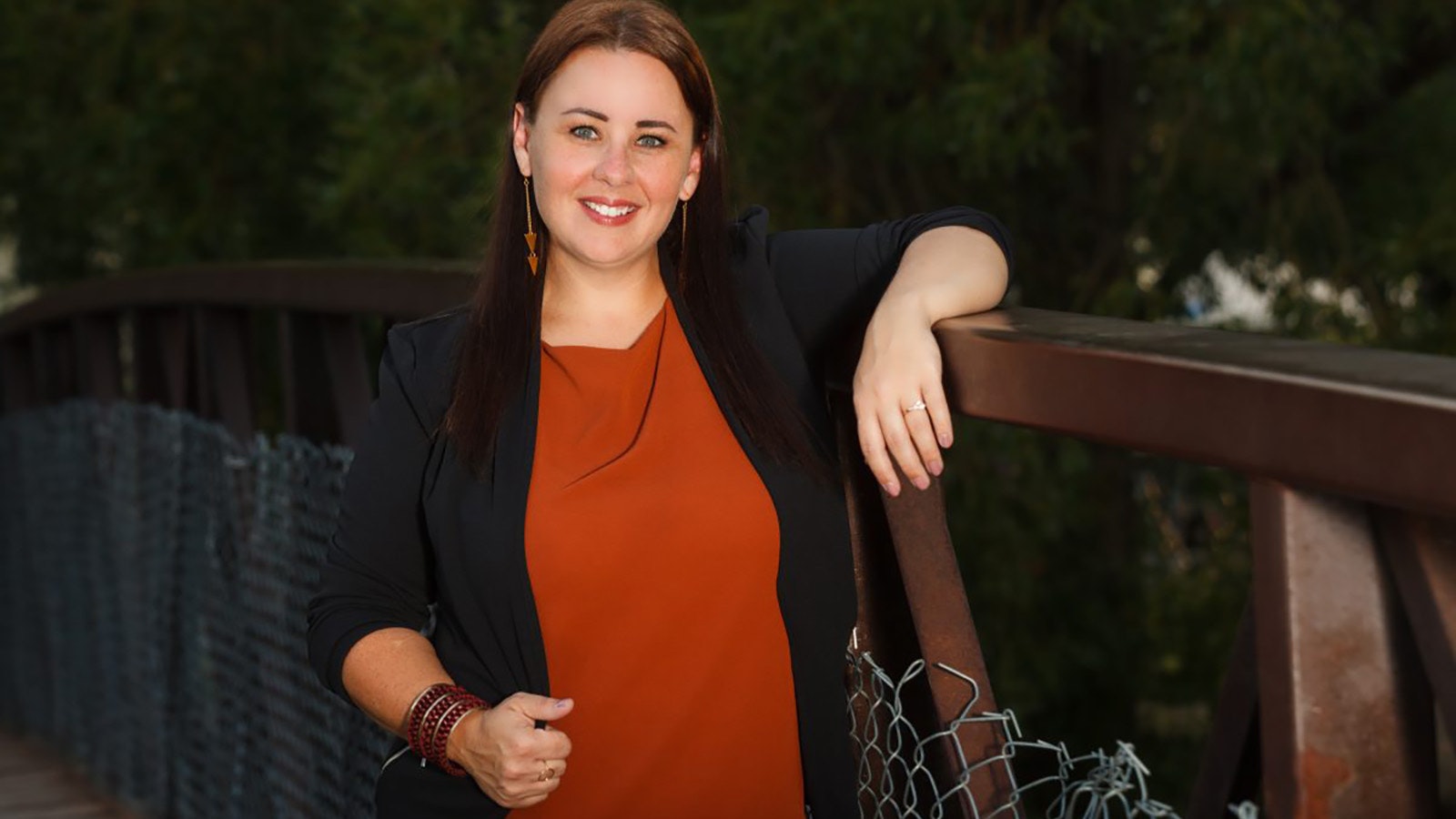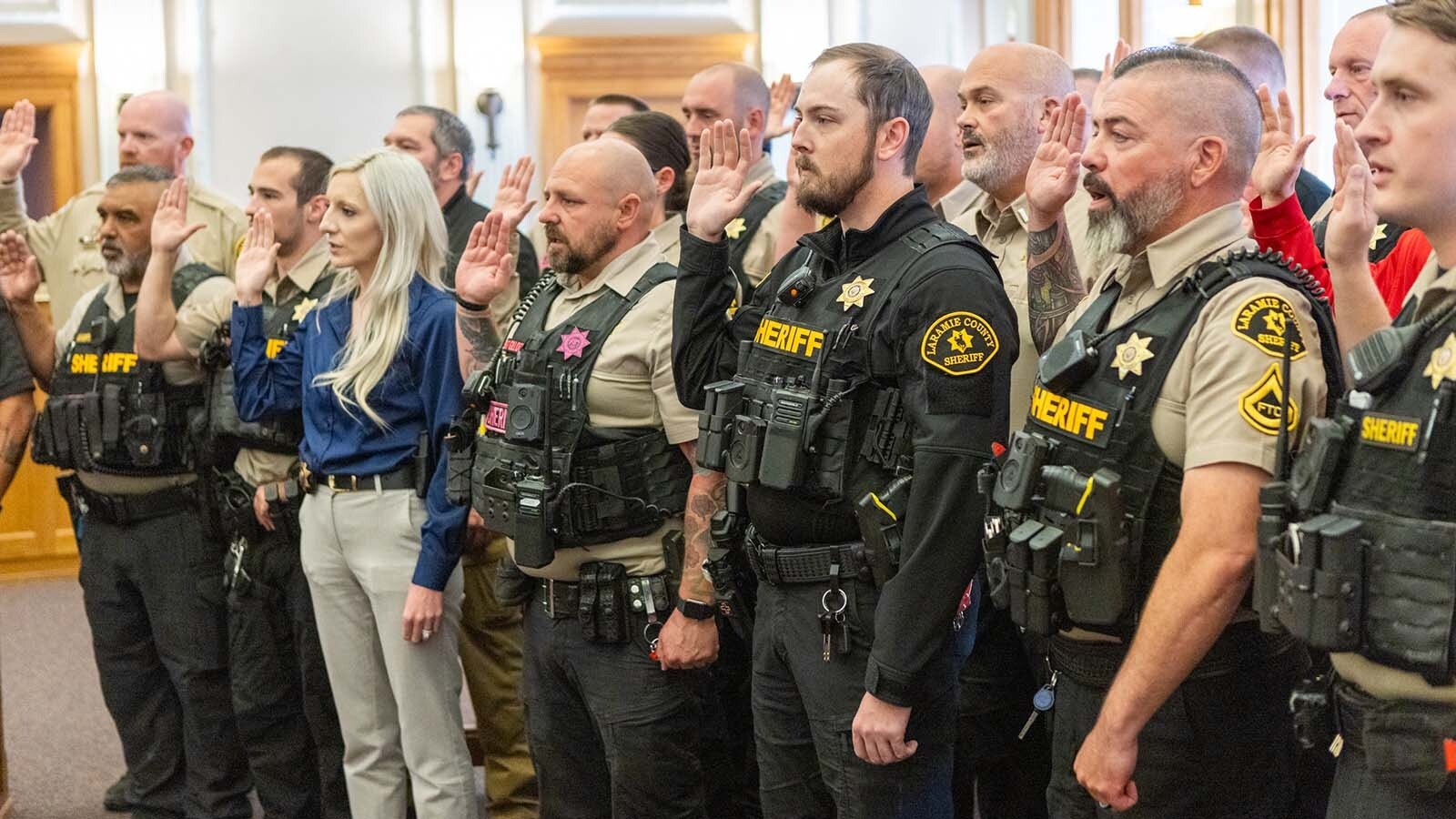To his mother, Charlie Jones was a commodity. His exploitation began when he was 8.
His mother and former stepfather were drug addicts who belonged to a motorcycle gang in New England. When they ended up doing the drugs they were supposed to sell and were on the hook to the gang, his mother offered up Jones, whose name has been changed to protect his identity, in exchange.
He was taken to the gang’s clubhouse on a handful of occasions where members had sex with him. In this way, he was used to pay down their debt.
From there, his abuse continued.
When the couple divorced, his mother moved him and his younger brother to Las Vegas. Here, his mother traded out her son to fuel her drug addiction, buy groceries and pay down the rent.

It Was Normal To Him
A people pleaser by nature, Jones just thought he was doing what was necessary to help the family out. He’d been taught in church to obey his mother and father. This became normal to him, he thought all families were like this.
It took Jones several years to understand he was being exploited.
By age 16, he got tired of it. He left his family and moved in with an older girlfriend.
Even so, his exploitation would continue for another four years until his mental health became an issue and he decided to seek help. Now in his late 20s, the Sheridan resident is using his lived experience to educate others about human trafficking and mental health as an advocate and board member at Uprising, a Sheridan-based nonprofit specializing in human trafficking awareness, education and outreach.
Jones was one of two survivors to share an experience at the second Greater Rockies Immersive Training on Exploitation and Trafficking (GRIT) conference in Sheridan last week.
Selena's Story
Selena also was trafficked by her parents.
In her case, her grooming began when she was 6 months old. By age 2, her father began selling her for sex. This involved being trafficked in her grandfather’s basement, residential homes, hotels and private clubs where children are sold.
She also was featured in films and images, which her father used to further supplement his income.
Like Jones, Selena finally escaped after she graduated from high school. How she made it through school is still a mystery to her, she admitted, because she basically slept in the back in the class after being out most nights.
Today, she lives in Los Angeles and has no contact with her family. She managed to put herself through college and graduate school and serves as outreach coordinator for the Avery Center as well as a survivor advocate for a handful of state agencies and anti-trafficking nonprofits.

Familial Trafficking A Big Problem In Wyoming
Their experiences are not rare, and in fact, it’s happening in Wyoming, said Terri Markham, co-founder and executive director for Uprising.
“I don’t have numbers or stats, but by far the highest amount of personal disclosures of trafficking Uprising receives are familial,” Markham said.
Gauging an accurate number of familial trafficking victims in Wyoming is difficult because so many cases go unreported, Markham said.
Selena's statistics, however, indicate that familial trafficking is a growing problem in Wyoming and nationwide.
According to a 2021 report from the U.S. Department of State, an estimated 41% of sex and labor trafficking cases involve family members.
In familial trafficking, children are frequently groomed at an early age, the report says, because it’s much easier to take advantage of children who are verbal incapable of alerting authorities to the abuse.
“It happens in every community and it’s effective,” Selena said during her presentation at GRIT. “Children are innately wired to believe their parents are good. Children are also wired to want to feel loved and protected by their parents.”
No Red Flags
In many ways children are likely victims because they can’t call hotlines or report their parents to police.
In Selena's case, her father used violence to keep her in line. And though she ended up in the hospital on several occasions, her father was able to explain away her injuries while she remained silent.
Predators are crafty, she noted, and in many cases are beacons of the community and, like her father, seemingly upstanding people who live in suburban neighborhoods where everything looks normal on the surface.
Furthermore, Selena said people don’t look twice when a child enters a hotel with an adult. The assumption is they are with a parent and are either on vacation or traveling.
There also are no clear red flags that indicate a child is being trafficked.
In her case, Selena was the quiet child in the back of the classroom who never got in trouble. Other children might act out and be punished or misdiagnosed as having behavioral problems. Like other children who are exploited from a young age, she didn’t know a different life, and thus, the abuse becomes normalized.
As in her case, the grooming begins when children are very young, often around age 3 or 4 when they are first trafficked, Selena added. The abuse is typically prolonged throughout childhood and teens. In her case, it lasted two decades.
“It just becomes the only life you know,” she said.
When Selena was in college, she was amazed to hear her roommate’s stories about childhood birthday parties and learning to ride bikes. She had never experienced any of those normal childhood events and thought they were made up.
Lasting Impacts
It’s been a long journey for both Selena and Jones. The healing process is long and the statistics grim.
Citing one study, Selena said that about 50% of survivors attempt suicide at some point in their lives.
Other emotional and psychological impacts for her and other childhood trafficking survivors involve dissociation, an inability to form secure attachments, a reinforced sense of reward and punishment and other lifelong traumas.
Perhaps the hardest part is cutting off all ties with her family, leaving her essentially on her own, Selena said.
“Survivors have to make a choice to disconnect from their family system to be safe,” she said.
Jones also has no contact with his mother, though he’s remained close with his younger brother who he doesn’t believe was trafficked.
Neither survivor turned their abusers into police because they didn’t believe their parents would be prosecuted. In both cases, their survival was more vital than seeking punishment or justice.
“Familial traffickers come after victims,” Selena said, noting she’s had to block all of her family members from her phone and social media. “They typically don’t go to jail because there is no evidence.”
Now, as part of their healing journey, both Selena and Jones are committed to educating others about the nefarious nature of familial trafficking as well as helping other survivors. This is the part that Jones appreciates most, despite what he’s been through.
“There's a lot of great things,” he said. “But one of my favorite is when we're doing presentations at high schools and middle schools. Just watching the kids and their level of devotion to making sure that nothing like this ever happens to the other kids is truly rewarding.”
For more information about human trafficking and Uprising’s educational and training opportunities, visit online or call (307) 655-7511.




